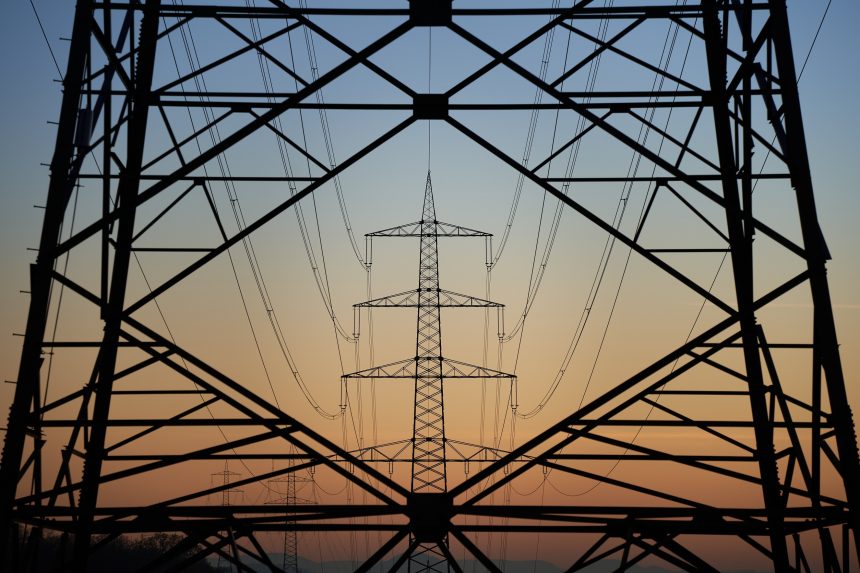The UK has made significant progress in decarbonising the bus fleet over recent years, with approximately 3,000 zero-emission buses (ZEBs) in service today. Last year, 60% of all buses registered were zero-emission, building on two previous consecutive years of a 50% ZEB market share.
While this progress is to be applauded, in times of struggle for the sector more widely, the introduction of ZEBs has focused on the so-called ‘low-hanging fruit’ operations that suit today’s market offering – and, crucially, where grid capacity has been available.
In years to come, the question of accessing power will be more keenly felt as other sectors and industries clamour for the remaining capacity on the road to net-zero.
Increasing capacity in the national grid is a strategic headache that will only be resolved in decades to come with significant planning and investment. In the meantime, demand for energy from bus operators will continue to grow to a point where it will inevitably outstrip supply, or lead to applications being declined due to insufficient power in the area.
In that regard, what can regulators and operators do to alleviate these issues and continue the rollout of ZEBs in years to come?
In recent months, there has been some welcome action from the regulator, Ofgem. In April 2023, it implemented the Access Significant Code Review to socialise the costs of significant upgrades, meaning that depot grid connections have the potential to become more affordable in some cases.
While welcome in helping to tackle the cost implications of upgrading the power supply, the change does not help with freeing up capacity.
At the end of last year, Ofgem introduced further measures to help address the issue as part of the Connections Action Plan.
To support delivery of that plan, the National Grid electricity system operator announced a new ‘First Ready, First Connected’ approach to support projects that can deliver at speed, following extensive stakeholder consultation, ensuring that the queue for connections is not hampered by so-called ‘zombie projects’.
Time will tell if these measures help bus operators to access energy where they require it, and over timescales that align with fleet renewal plans.
Despite these reforms from the energy sector, accessing power will continue to be a thorny issue for bus operators without other measures to reduce energy demand being enacted in tandem.
Optimising routes, where possible, has the potential to reduce energy requirements by ensuring that the energy storage system on the vehicle is appropriate, thus reducing the energy demand for each charging cycle.
Coupled to smart charging to reduce peaks in demand, and the introduction of on-site energy generation and storage to supplement a grid connection, operators could potentially trim the size of the grid upgrade. These measures, of course, are not always appropriate to every project.
Perhaps one of the biggest solutions, currently yet to be explored to a large extent in the transport sector, is sharing charging assets to boost utilisation. Sharing the same asset across a range of different vehicle fleets has the potential to reduce the number of connections in a specific area, freeing capacity for other projects.
The question of accessing energy will continue to be a headache for operators in years to come, despite recent Ofgem reforms. In the meantime, there are measures that operators could consider, such as utilising smart charging and sharing assets, to reduce energy demand and enable continued ZEB rollout growth.



























